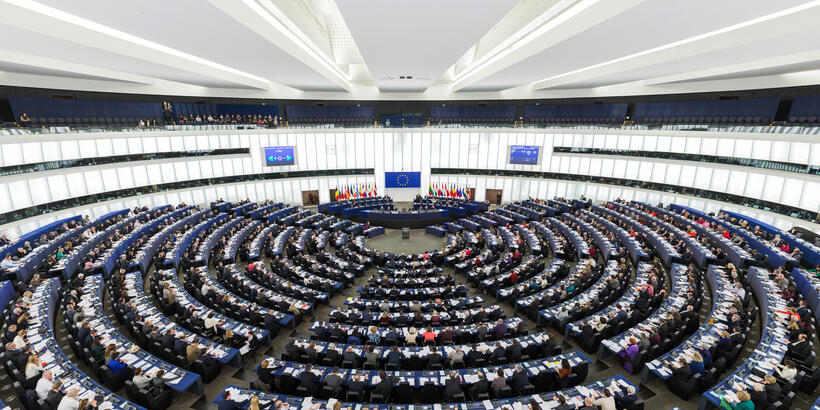Personal and Party Representation in Contemporary Europe: Effects on Intra-party Dynamics

Abstract:
This study explores the relationship between elected representatives and the parties they belong to in the European context. It uses an elite cross-national survey, exploring the way elected representatives perceive their representative role and construct their perceptions of representation with regards to party unity. In order to bypass the "no-variance" problem in recorded votes, the study makes use of a legislator's sequential decision-making model, according to which party unity is not considered an end-result, but rather a process. Using attitudinal data on legislators’ perceptions and attitudes, the study shows that representatives often feel a tension between different, competing foci of representation – mainly party representation versus all other foci. It then examines how elected representatives reconcile this tension; how they are assisted by internalized perceptions of their role; and the effect of various institutional factors in this process.
